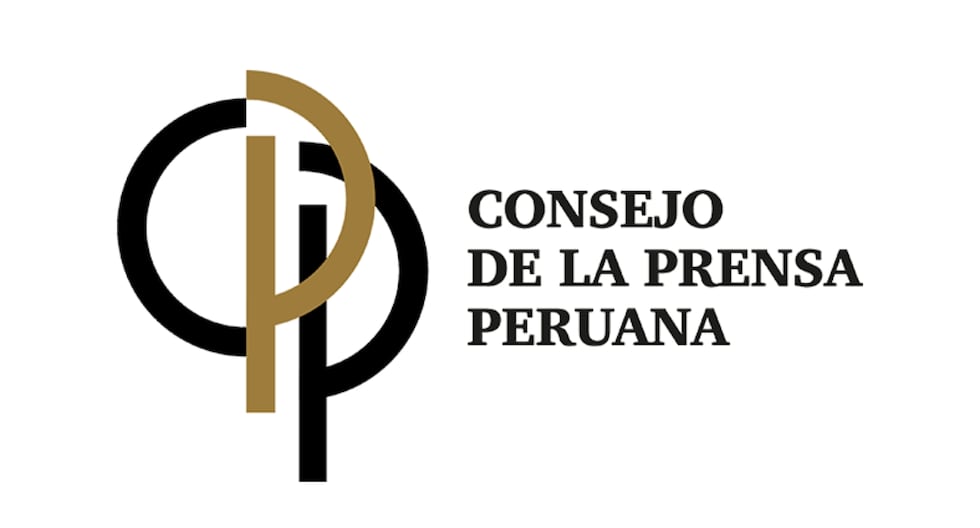AND
element The most important element of democracy is the principle of the majority. Without it, democracy cannot exist, no matter how many speeches are made. The majority makes the framework of freedoms and rights of all possible, because it is its own. Thus, without decisions by majority, such freedoms and rights would be unrealizable. There is no natural law
which is only advocated by reactionaries, but successive conquests achieved through political struggle.
The great problem of modern and even contemporary societies is to enforce majority, popular decisions in a permanent and progressive manner. The constitutional framework in force in Mexico was developed through its three revolutions, but that does not mean that it was respected by the established power.
In 2018, the degenerated PRIism was surpassed Prianismunderstood as the basic neoliberal unit of those who had been the two main rivals between the years 40-79, a popular mandate has been issued that seeks the divorce between political power and economic power, that is, the suppression of the oligarchic factor as the main source of decisions on the direction of the nation, including the administration of justice. Democracy, still within the framework of formality and the competitive political system, has given rise to a majority mandate, that of the 4T.
It is a democratic and social State program aimed at enforcing disrespected rights, denied freedoms, tarnished national sovereignty and a new way of distributing income.
Within the immense problems of the years of the PRI and the Prianismhighlights the formation of the corrupt Mexican State beginning in the 1950s (PRI) and relaunched during the years 2000-2018 (Prian). It is a phenomenon consisting of incorporating into the country’s governance a pillar element that is made up of articulated and permanent systems of embezzlement, theft, fraud, extortion and other illicit behaviors, but entirely normalized. This was one of the political supports of the regime, along with despotic presidentialism, the corporatism of social organizations, the creation of monopolistic structures and the State party with its complete control of the electoral system. At the same time, justice, as a great articulating system, was subjected to the same state mold of corruption and, thus, of unjust subordination to political power.
When the change of 2018 occurred, the Executive and Legislative powers began to break up the corrupt State, but the Judicial Power remained practically the same. Hundreds of judges trained in the PRI and, later, in the PRI-PAN, as well as magistrates and ministers of the same origin, with a few exceptions, maintained the mechanisms of influence peddling and bribery. For this reason, the judicial system, for the most part, is militantly opposed to the 4T.
Things reached extremes when judges, circuit courts and the Supreme Court (in its three sessions: plenary and two chambers) launched into resolving cases of undoubted unconstitutionality. An extreme case is when an investigating minister admits an action of unconstitutionality coming from the INE, which lacks that power in the Magna Carta and, even, is prohibited from doing so, and immediately orders the suspension of a recently published decree of Congress, for which he also lacks the power. The idea was to prevent the decree from remaining in force while the real action of unconstitutionality by the parties was presented to the plenary to be resolved, of course, without going into the substance, but alleging procedural matters for which it lacks the capacity. The Supreme Court was already a political faction that resorted to the brutal transgression of the Constitution of the Republic: it was the Prian .
There were many such cases, always in favour of parties and large business conglomerates; always against the government; always in contradiction with the rules that judges must respect and ensure respect. Every judge has freedom of political affiliation, but none has a licence to decide on the orders of a party, group, company, family or public power.
The pitcher was thrown so hard that it finally broke. There came a time when there was no longer a truce, but rather continuous confrontation, even in seemingly everyday matters, such as Saturday mornings of judges, the provisional suspensions that resolved the substance of the protection and the reiteration of criteria that were clearly advantageous in favor of oligarchic politicians and businessmen, as well as alleged criminals.
For years, the judges were asked to at least tone down their political activism, their opposition, and to abide by the law. However, things were getting worse.
The 2024 election was, at last, the opportunity to seek a reform of the Judiciary, since the self-correction of judges had not been possible. To claim the principle of the majority – the supreme mandate of the Republic – as a way of solving the conflict between the Judiciary and the Legislative and Executive powers. This is how the matter was raised, to the mockery of the opposition and the disdain of the majority of judges, magistrates and ministers. At that time they were not looking for dialogue
.
The day of the election has arrived, but not before the Executive has presented to the Legislature a series of constitutional reforms that include a change in the Judicial Branch. It is in this context that the vote has been taken, but the members of the Judicial Branch lack respect for popular decisions, since they consider that their positions are determined by the guild mechanism. They swear that access to the judicial function responds to a legal wisdom recognized by jurists in office: a corporate system par excellence. They tell us that the popular election of the judges does not correspond to the sphere of citizen rights, since the judiciary is a career
led and supervised by the members of the guild themselves and because the vote of select members of the cloister is superior to that of the people, since it expresses hierarchy and wisdom (Middle Ages). However, they are not based on any political principle. It is just their saying. However, article 39 of the original Constitution, which no one has asked to be changed, simply says: All public power emanates from the people and is instituted for their benefit.
. It is an original liberalism, but democratic. Our judges, unfortunately, are liberal, but antidemocratic.
* Head of the Financial Intelligence Unit of the Ministry of Finance
















